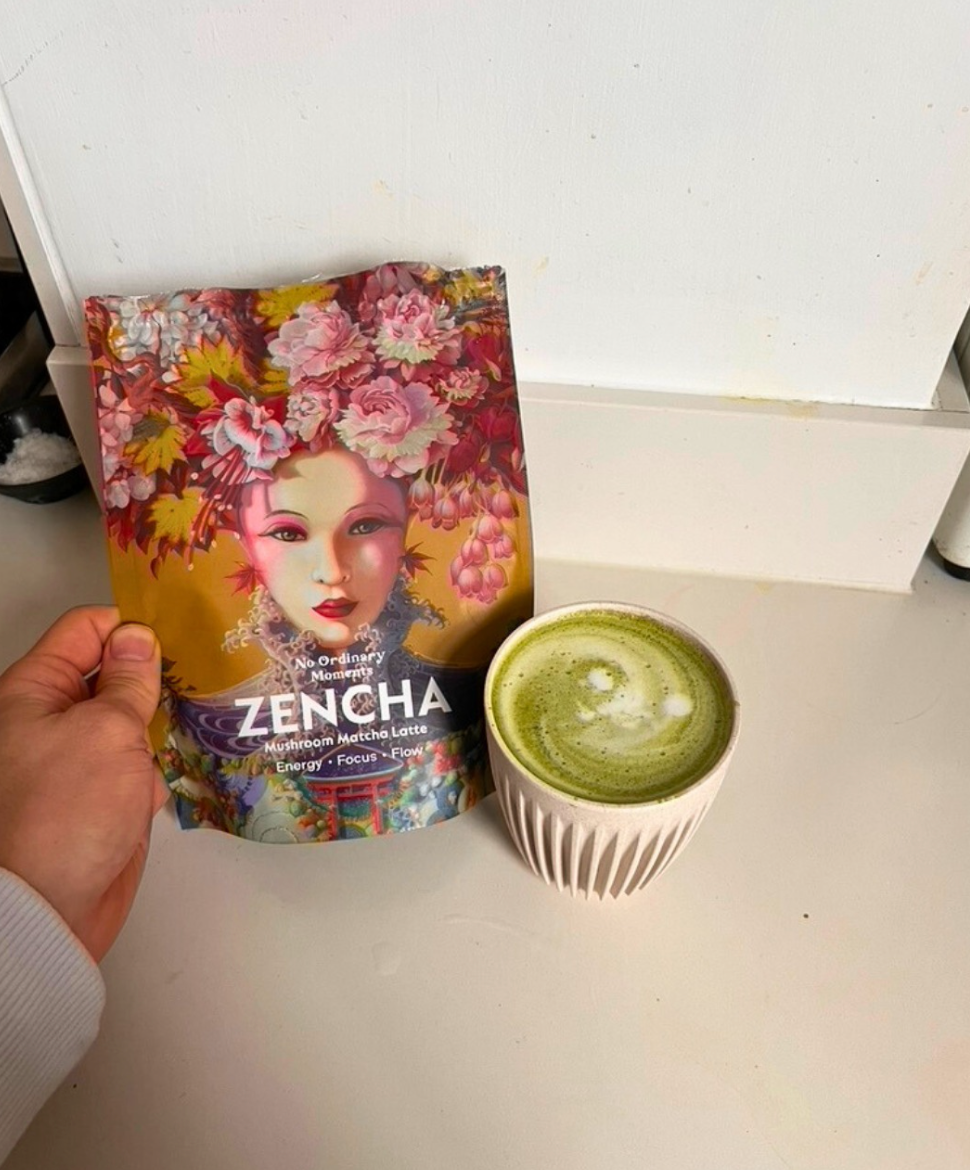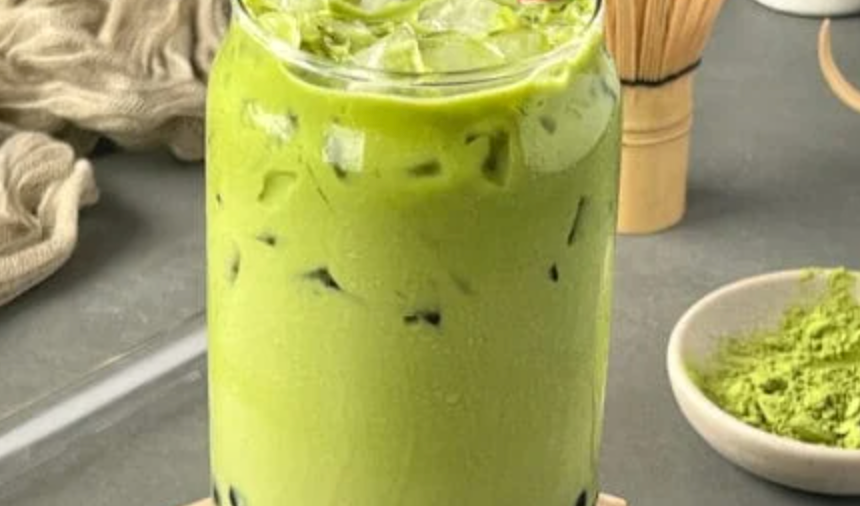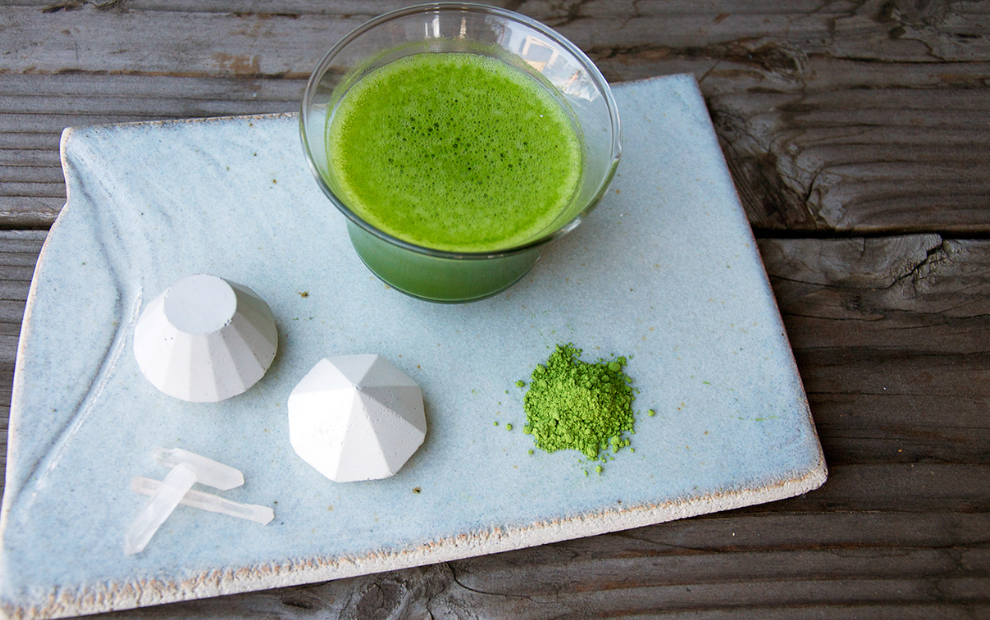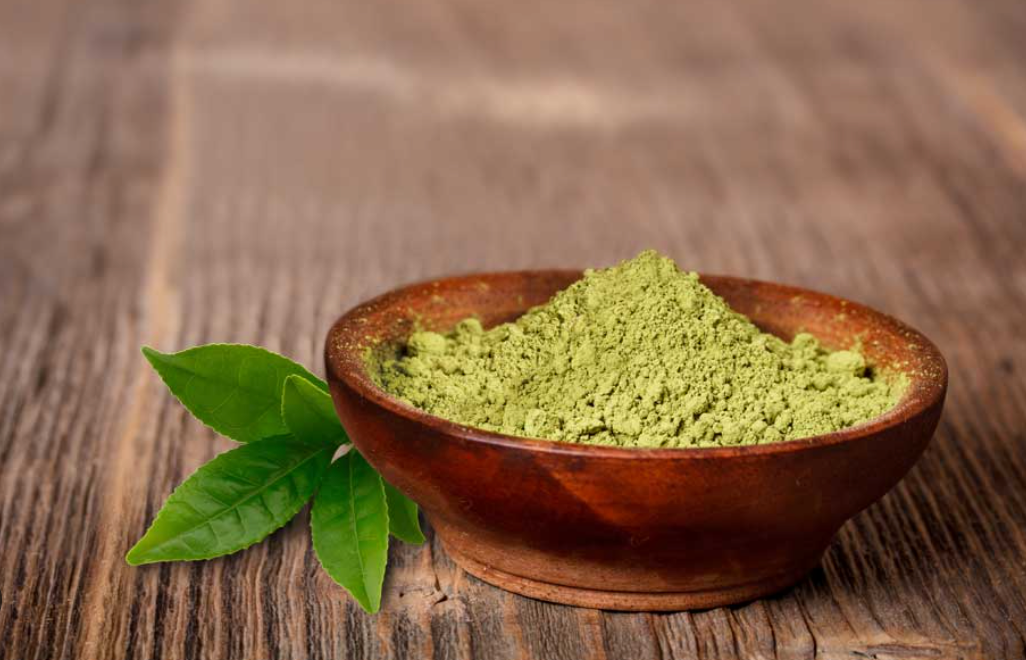
Read time: 2 min
When it comes to mushrooms, Turkey Tail (Trametes versicolor) may not be the first that comes to mind. Yet, this colourful, fan-shaped fungus has a long history of use in traditional medicine and is becoming increasingly popular for its potential health benefits. In this post, we'll delve into the world of Turkey Tail mushrooms, exploring their history, uses, and benefits, while providing you with up-to-date academic sources to further your knowledge.
1. History and Identification
Turkey Tail mushrooms grow on dead or decaying hardwood trees and can be found in forests across the globe. The name "Turkey Tail" comes from the mushroom's appearance, which resembles the colourful, fan-like tail of a wild turkey. The mushrooms are characterised by their concentric rings of varying colours, which can include shades of brown, grey, blue, and even green.
Source: https://www.ncbi.nlm.nih.gov/pmc/articles/PMC4890100/
2. Traditional Uses
For centuries, Turkey Tail mushrooms have been used in traditional medicine, particularly in China and Japan. They are known as Yun Zhi and Kawaratake in these countries, respectively. Traditional uses include boosting the immune system, treating respiratory issues, and improving digestion. While many of these claims have yet to be scientifically verified, recent research suggests that Turkey Tail mushrooms do possess various bioactive compounds with potential health benefits.
Source: https://www.ncbi.nlm.nih.gov/pmc/articles/PMC6044372/
3. Health Benefits
Turkey Tail mushrooms contain a variety of bioactive compounds, including polysaccharopeptides (PSP) and polysaccharide-K (PSK). Research indicates that these compounds may have immune-modulating, anti-cancer, and antioxidant properties. Here are some potential health benefits of Turkey Tail mushrooms:
a) Immune Support:
Studies have shown that PSP and PSK may help stimulate the immune system and promote the growth of beneficial gut bacteria.
b) Anti-Cancer Properties:
Research suggests that Turkey Tail mushrooms may be useful in cancer treatment, particularly for breast, lung, and stomach cancers, by slowing tumour growth and stimulating the body's natural defences.
c) Antioxidant Effects:
The bioactive compounds in Turkey Tail mushrooms may help protect cells from oxidative damage, reducing the risk of chronic diseases.
It's important to note that while the research is promising, more studies are needed to fully understand the extent of Turkey Tail mushrooms' health benefits.
Source: https://www.ncbi.nlm.nih.gov/pmc/articles/PMC6920839/
4. How to Use Turkey Tail Mushrooms
Turkey Tail mushrooms can be consumed in various forms, including tea, extracts, and dietary supplements. To make Turkey Tail tea, simply steep the dried mushrooms in hot water for 10-15 minutes. When using extracts or supplements, be sure to follow the manufacturer's instructions, and consult your healthcare provider if you have any concerns or pre-existing conditions.
Conclusion
Turkey Tail mushrooms have an intriguing history and show potential for promoting health and wellness. As research continues to unveil their benefits, these humble fungi may find their way into the mainstream as a natural supplement for immune support, cancer treatment, and overall well-being. For more information, check out the academic sources below.






